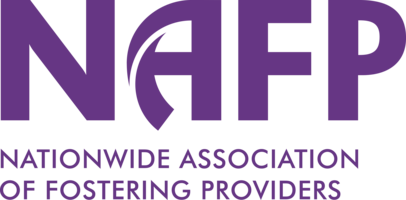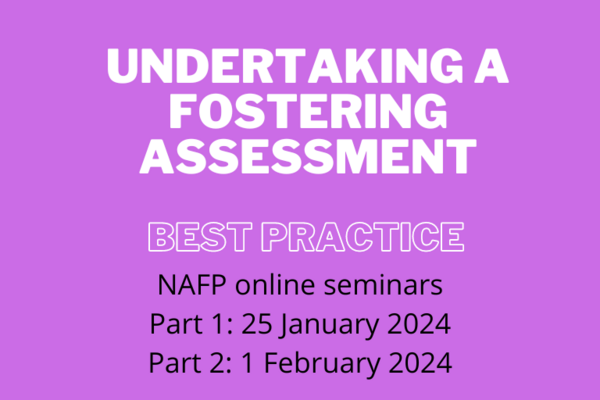Assessing and approving people to foster is a skilled role, it is essential that children are safe and cared for with the right family, where matching has been considered in how children’s needs can be met. Nobody has a right to foster and it is a privileged opportunity to care for someone else’s children. Learnings from serious case reviews often talk of poor assessments, a lack of analysis and evidence, little evidence of quality assurance. The assessment process has many supporting elements to ensure it is fair and balanced. It is important that the assessor understands the relevance of all parts of the process of becoming a foster carer, and how each stage informs the next, remains relevant.
To ensure we have time to really consider the stages of assessment, we are holding this event over two sessions, with time in-between for reflection.
For this reason, it would be beneficial, though not essential, for delegates to attend both parts.
Part 1 (9.30-1.00 Thursday 25 January 2024)
- The assessment schedule and important elements of becoming a foster carer
- Expectations of the role and understanding the fostering agency
- The references, checks and important aspects of stage 1 - how we seek the information and implement it meaningfully into the assessment
- The complexities of stage 2 - building a transparent, honest and professional relationship, having a right to challenge respectfully, being professionally curious
Part 2 (9.30-1.00 Thursday 1 February 2024)
- The role of the assessor - the writing skills required, exploring learning styles and how we consider the foundations for reflective practice
- Building the evidence - how we move away from self-reported, descriptive assessments, bringing all that we know together
- Risk assessing and analysis: -presenting at the fostering panel, how we ensure the reader has the confidence in the recommendations and reasons presented based on evidence based practice and analysis
Please note these seminars do not focus on any one particular template or assessment document - they are suitable for all assessment models.
About the trainer
Catherine Lockett has worked within social care for 38 years as a practitioner and in senior management positions within the fostering sector, both for local authorities and the independent sector. She has experience of being a panel chair, panel advisor and Agency Decision Maker. Catherine is an associate for NAFP and takes a lead on practice discussions, including working with NAFP's fostering panel chair/vice forum.
(this event will be hosted on Zoom; delegates will be emailed details of how to join a few days beforehand)





